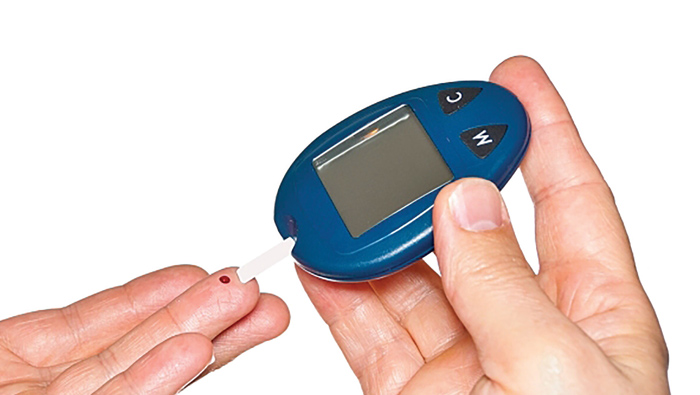
Muscat: Diabetic patients in Oman who are fasting during Ramadan must get themselves continuously checked during the Holy Month to see if their bodies can withstand the stress brought about by fasting.
That was the opinion of Dr Saadiya Akbar, a senior general practitioner at Al Salaama Polyclinic, located in Mabella.
“Exemptions exist for people with serious medical conditions, including many with diabetes, but a large number participate, often against medical advice,” said Akbar.
“Ensuring the optimal care of these patients during Ramadan is crucial. Ramadan fasting, therefore, represents a challenge to both patients and healthcare professionals.
“Existing recommendations to people with diabetes who fast during Ramadan are mostly based on expert opinions rather than evidence gained from clinical studies,” she explained.
“Patients should be instructed on the use of glucose monitoring and frequency of glucose testing and patients receiving insulin should be monitored two to four times daily before, during, and after the fasting period.”
Akbar also advised patients to stay hydrated during Ramadan by ensuring they consume enough fluid after the day’s fasting ends.
“Avoiding dehydration during fasting should be emphasised, especially when Ramadan occurs during the hot season, by drinking an ample amount of fluid between iftar and suhoor,” she explained.
“It is also highly recommended to maintain a well-balanced, healthy diet that is rich in fibre and has low salt content and a low glycaemic index.
“People who would like to exercise are encouraged to do so after iftar,” added the doctor.
“Although some fasting Muslims lose weight, regaining weight is commonly seen a few weeks after Ramadan. Therefore, individuals should be encouraged to ensure structured and consistent lifestyle modifications to avoid rapid weight gain after Ramadan. Those who start eating all the way from sunset until the time they go to bed might lose their appetite for suhoor, the meal consumed early in the morning by Muslims before fasting. This is an important meal and skipping it might cause problems.”
“Generally, one should eat lightly and try eating less before sleeping,” she revealed. “It’s better to wake up early for suhoor, about an hour or an hour-and-a-half before the call for prayer, so that one gets hungrier as dawn approaches, and does not feel full at that time.
“If you do not feel like eating right after sunset, it’s fine,” she said. “Let your body decide the right time to eat. The digestive tract has been empty for some two-thirds of the day and needs to be dealt with cautiously. Besides, don’t forget to consume adequate amounts of fruits, milk, wheat and its derivatives, rice, and meat.
“Fasting, the way it is recommended by abstaining from eating and drinking from dawn to sunset, is the best method to ensure a healthy body,” she explained.
“Likewise, when someone comes down with an illness due to mal-temperament, the doctor should advise them to abstain from eating the food that makes them sick in the first place, and then start consuming food and drinks which help restore health.”
“There are reasons, considering each person’s state of health, which might excuse one from fasting,” added Akbar. “Those who are suffering from medical conditions, such as diabetes, hypotension, or hypertension, may or may not be able to fast depending on their doctor’s opinion.”